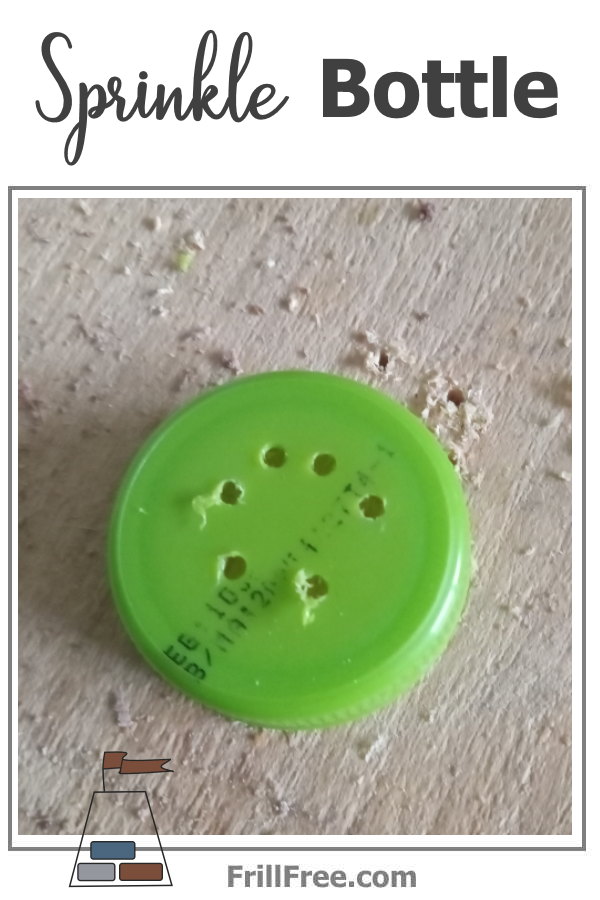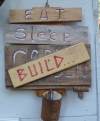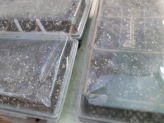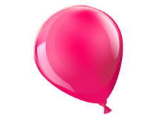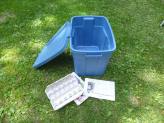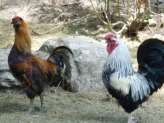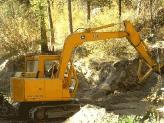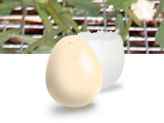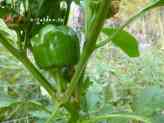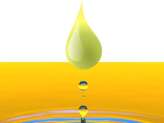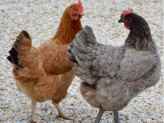- Homesteading
- Growing Ornamental Plants
- Sprinkle Bottle
Sprinkle Bottle
Like A Spray Bottle, But More
I was in need of a smallish watering can, kind of a cross between that, and a spray bottle. This is when I knew I needed a sprinkle bottle to give my seedlings a good drenching, but not wash the soil away.
Without the time to waste waiting for Amazon to deliver, I came up with my own way to make a sprinkle bottle that would work for me.
We are currently trialing some Kefir, this one comes in strawberry or plain flavours, and is supposed to give your guts a good boost.
But then it comes in a plastic bottle. I always try to give things a second (or third) life before sending them to be recycled. This was a perfect project to let the earth live on without more plastic waste.
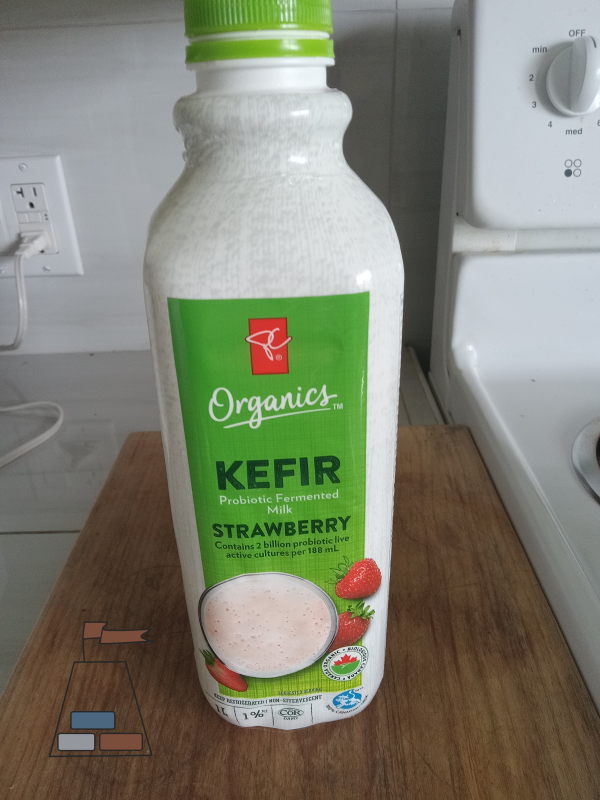 Kefir Bottle rescued from the recycling, ready for it's second life as a sprinkle bottle
Kefir Bottle rescued from the recycling, ready for it's second life as a sprinkle bottleThe lids on these bottles is about an inch wide (2.5cm if you do metric) so it's big enough to drill a few holes in. A pop bottle would work too, but of course has a smaller lid.
If you find any small bottle (one liter or a quart size) just use that. Anything bigger holds more water, of course, but is harder to adjust the sprinkled amount.
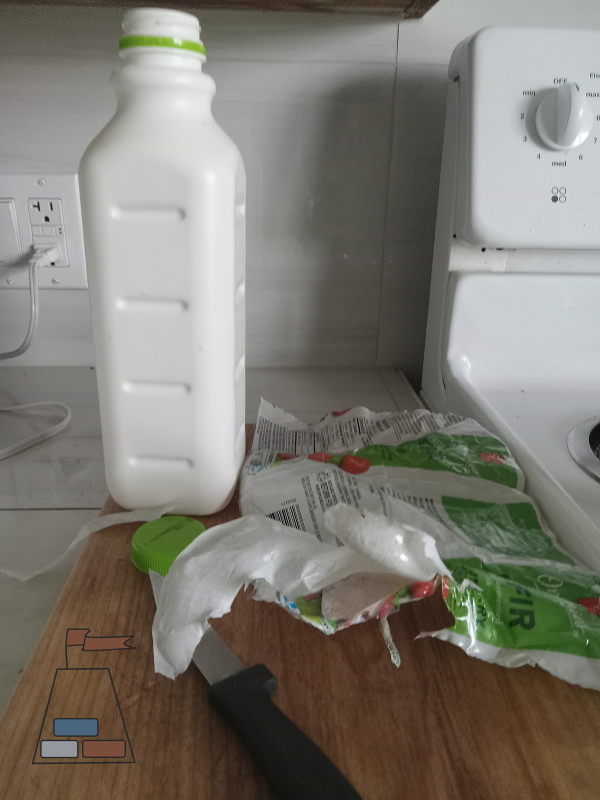 The label of the kefir bottle can be removed to give you more hand feel when sprinkling - make sure to recycle the label, they are plastic too
The label of the kefir bottle can be removed to give you more hand feel when sprinkling - make sure to recycle the label, they are plastic tooThese days, the sides of plastic containers is very thin, to use less material, evidently. The drawback is that filled with liquid, it's hard to meter out the required amount. That's where the placement of the holes in the lid comes in.
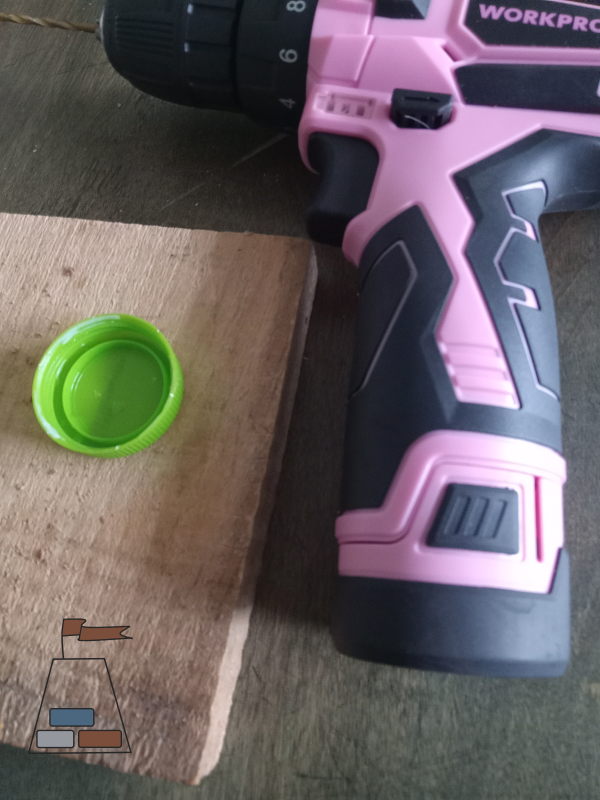 This is the cordless drill I use - notice it's pink? Studies show that pink items don't get stolen as often, and I can verify that. Hubby won't touch it.
This is the cordless drill I use - notice it's pink? Studies show that pink items don't get stolen as often, and I can verify that. Hubby won't touch it.They need to be placed more to one side, which is the 'down' side when holding it. The 'up' side won't have holes, or at least less of them, which will prevent air from getting in to replace the water leaving the downward holes.
The need for this will become apparent when you go to sprinkle your plants. I suggest you try this on something bigger first, so you can see how it works and adjust the pressure for best placement. You'll be a master of watering in no time.
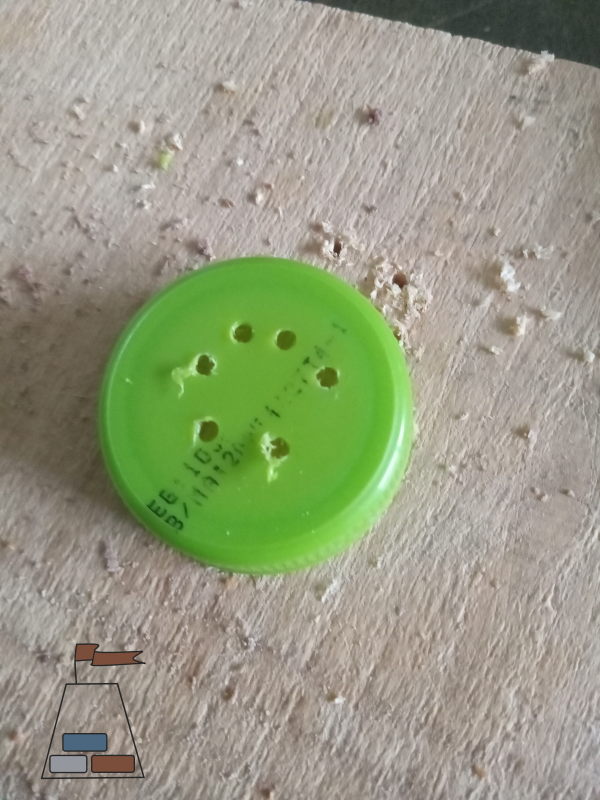 The sprinkle bottle lid with the appropriate holes for that gentle washing action
The sprinkle bottle lid with the appropriate holes for that gentle washing actionAdd one or two (or more, in varying sizes) to your set up in the greenhouse, or propagating station. You'll find them very handy for applying a discrete amount of fertilizer to just one or two plants, or to add just the right quantity of moisture to a flat of potting soil prior to planting seeds.
